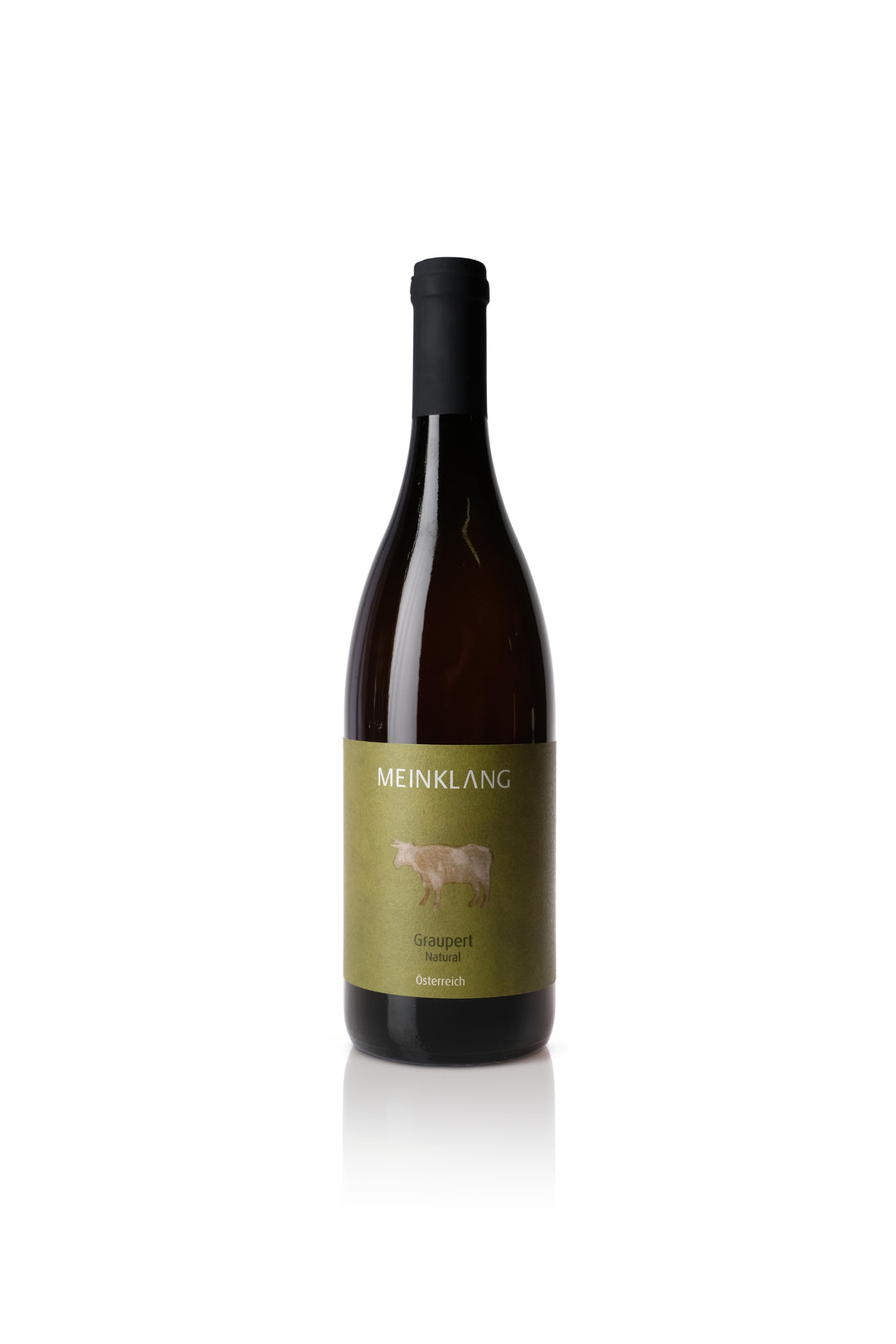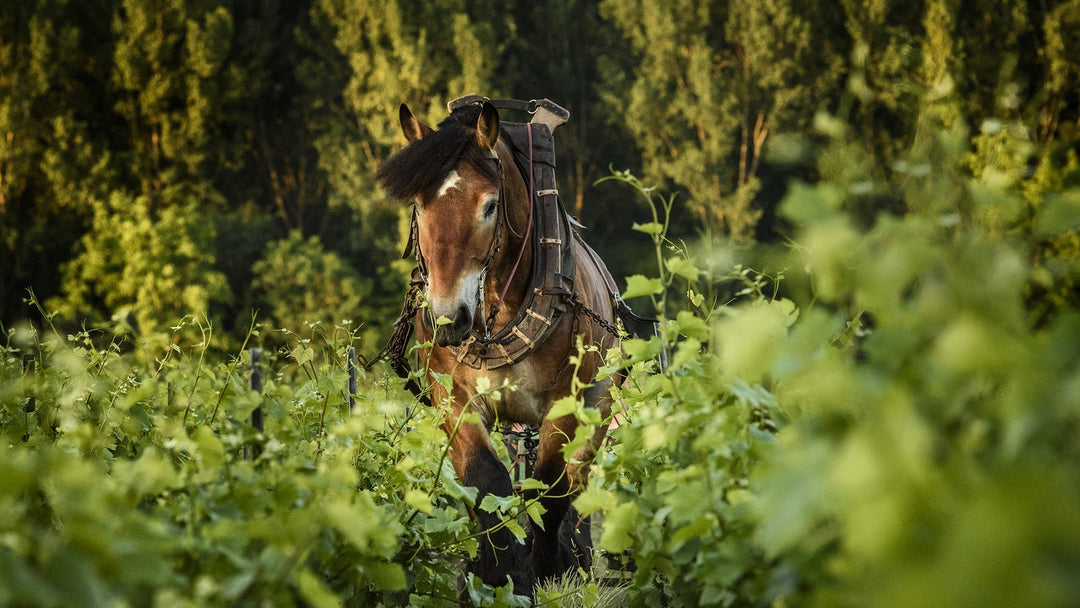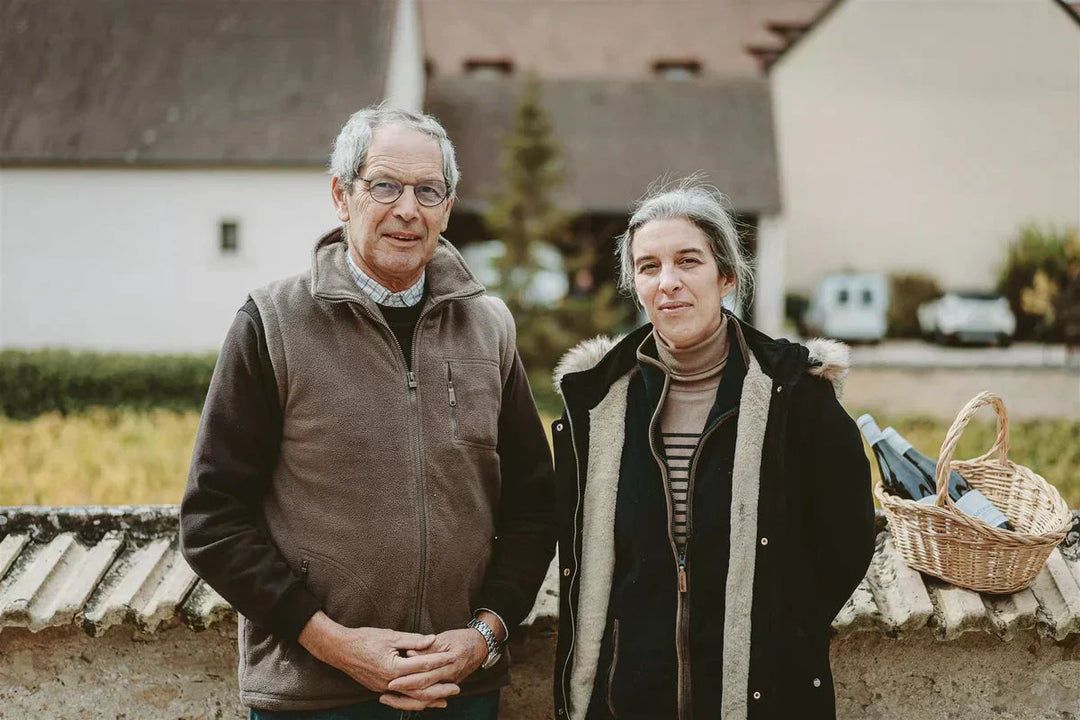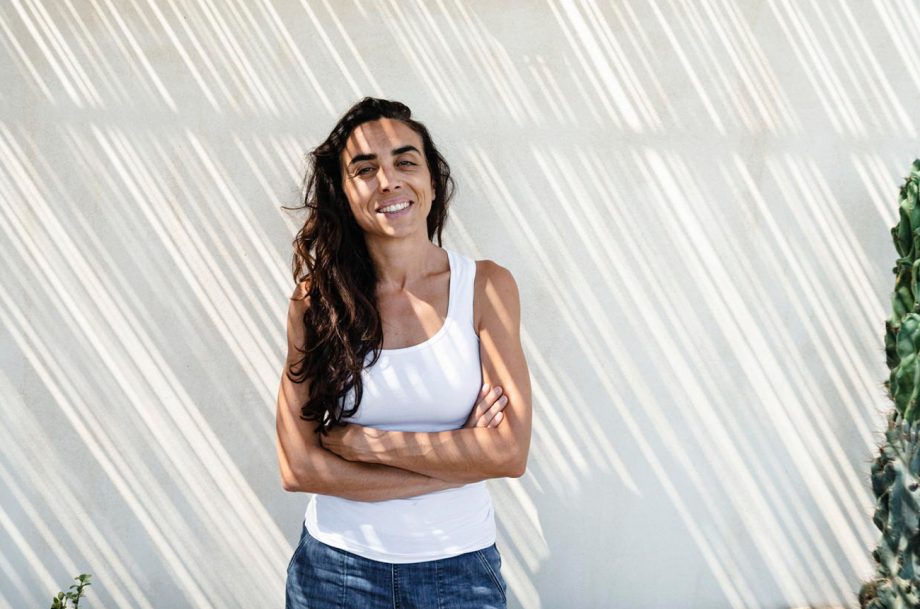MEINKLANG
The sound of the land
Meinklang Wines have been captivating the hearts of many of its drinkers for years. Who would have expected such fantastic wines from a humble family farm from Austria? We think that's the allure of Meinklang. Their honest formula for wine is simple; thoughtfulness for the earth, the people and the wine they’ve yielded from it.
Meinklang is first and foremost a fully functioning farm that makes wine. The faces of this farm are the three sons who each contribute something unique, one focuses on the vines, another on the plants and animals, and the third on the cellar. Each of the sons had an opportunity to leave home and work outside the winery, but all three chose to stay to enrich the farm with their talents.
The Meinklang family has made the laborious efforts to be certified biodynamic by the Demeter seal, an enormous accreditation in the world of sustainable farming. The Demeter certification was brought about by respected Austrian scientist and philosopher Rudolph Steiner. It was with the onslaught of conventional farming at the start of the 20th century that brought about a necessity for Steiner’s intuitive outlook on the long-term aesthetics of farming. Steiner created holistic approaches to agriculture that gave birth to biodynamic farming. As the people of Meinklang have said, “Biodynamic farming is the only cultivation method which gives back more to our environment than it takes away from it.”
Here is the meaning behind the name Meinklang: "Mein" in German means "my" and "Klang" translates as "sound.” Put simply, Meinklang is the sound of the land, putting emphasis on the origins of the wine, as if the wine had simply happened.
Meinklang has effortlessly created two distinctive styles of wine to resound the fluidity of their identity; the classic wines and the experimental. The classics feature earth-toned labels with a cutout of the Angus cows that roam the estate; these are made from traditional grape varieties of the region, like Pinot Gris and Gruner Veltliner, and notable reds like the fruity, peppery Zweigelt and Blaufränkisch. With Meinklang, their whimsical colors, jovial cows and abstract illustrations are absolutely telling an accurate story of what’s inside your bottle. It’s as if they’ve invited us to a nonstop party.
The experimental wines verge into modernistic territory featuring pet-nats, skin-contact wines, and often bottled with a hint of CO2. Meinklang is being truthful to their packaging. The vivid colors of their labels reflect the wildlife surrounding the vineyards; the illustrations of cows and abstract eggs symbolize the life of the farm at its best.
While natural wine is nothing new, the newer movement of “hipster wines,” “natty wine,” and “raw wine” have turned the heads of many younger drinkers. With the influx of natty wine, the concept’s intention has become murky, just like the juice. Instead of focusing on one of the most important aspects in the wine world—terroir—the drinker is more focused on the vibrant cloudy color of the juice, the (often) overwhelming funky flavor and distractingly vivid bottle labels. Meinklang has embraced making wine that’s altogether natural, classic, and still representative of its terroir.
With modern wine comes an onslaught of more winemaking regions. Drinkers today are open to tasting wine from regions they're unfamiliar with. Meinklang’s roots come from the winegrowing region of Burgenland in eastern Austria, straddling the Hungarian border. The estate is actually situated in the middle of the UNESCO World Heritage Site of National Park Neusiedlersee, a biodiverse mecca of natural habitats with flora, fauna, and wildlife. Some of the grapes are even sourced from across the border in Hungary’s small Somló region, an inactive volcano site with deposits of volcanic ash. Meinklang reinstates the mentality of being the sounds of the earth, the wines voicing those sounds.
“By observing and examining nature we can find many answers which often lie deeply hidden away and require us to be in harmony with our farm.”
In addition to what’s discussed above, you’d think the Meinklang wines would be steep, unaffordable, elusive even. It’s quite the contrary! Their entry level wines cost the price of a fast casual lunch. The work and thoughtfulness going into each of these bottles is unparalleled in terms of quality. We find it astounding that Meinklang can make wine at a multitude of price points while maintaining their humble approach.
Meinklang continues making wines of integrity from humble Burgenland, Austria. We have absolutely fallen in love with their whimsy approach and their earth-oriented focus.






